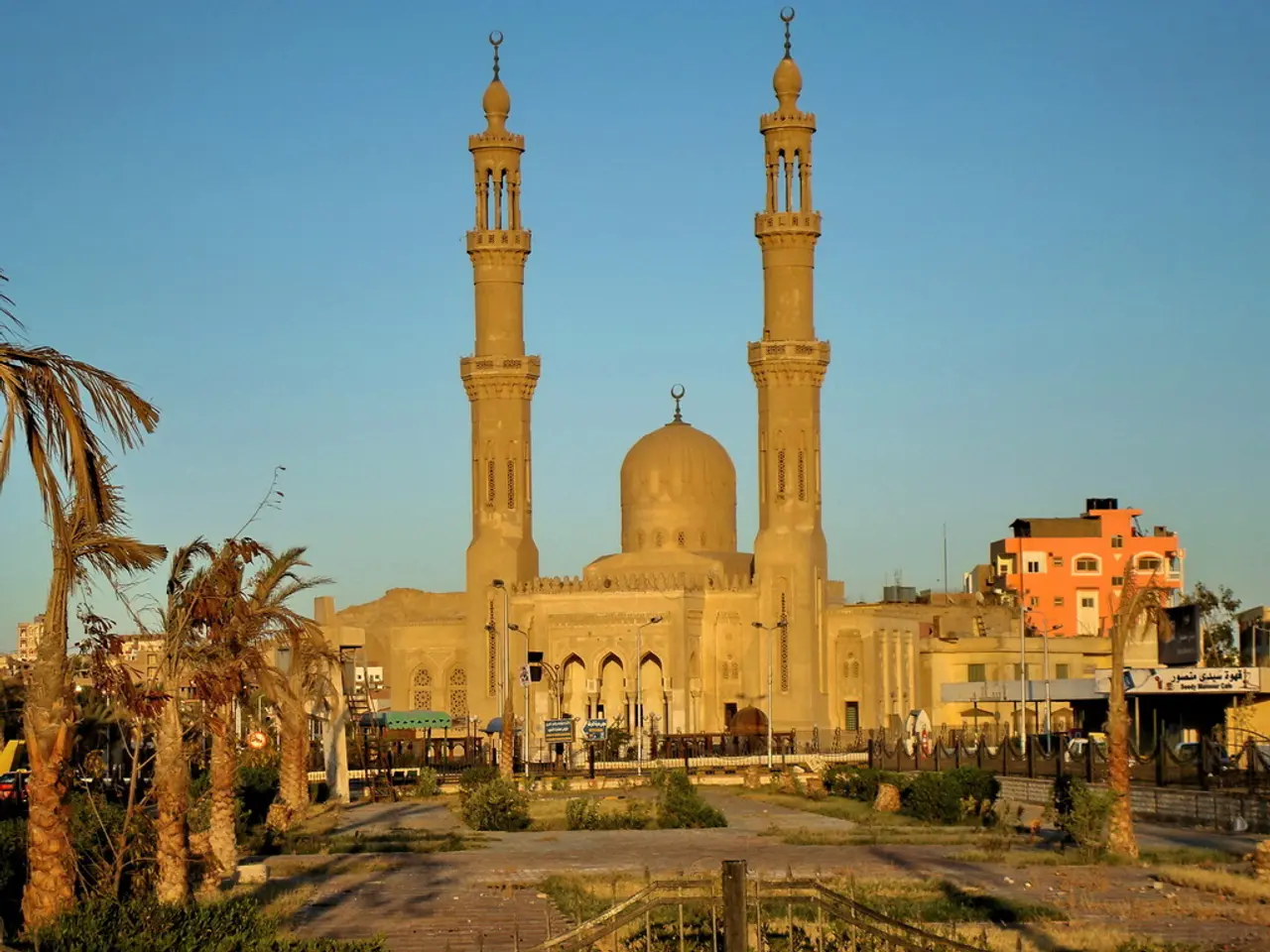European Commission Justifies Financing for Studies Examining Islam and Islam-Related Discrimination
The European Union (EU) has allocated over €17 million in research funding to projects related to Islam, sparking significant criticism from far-right European lawmakers. The funding, which supports studies on topics ranging from the Qur’an and Sharia law to Islamophobia and minority inclusion within European societies, has been condemned as promoting ideological agendas and misallocating resources.
Critics, such as Italian MEP Silvia Sardone and French MEPs Jean-Paul Garraud and Céline Imart, argue that the projects questionably promote Islam, exaggerate Islamophobia, and lack oversight. Sardone, a member of Lega/Patriots for Europe, stated that the funded projects are "studies of questionable usefulness, all focused on Islam." Garraud, representing Rassemblement National/Patriots for Europe, expressed concerns about biases in the projects, such as overstating Islamophobia and unfairly promoting Islam. Imart highlighted the need for funds to support researchers boosting European competitiveness rather than culture-historical studies linked to groups like the Muslim Brotherhood.
However, the European Commission firmly defends the funding. European Commissioner Ekaterina Zaharieva emphasized that the funded studies cover a broad range, including minority rights and the evolution of Islamic legal traditions. The Commission and the European Research Council (ERC) argue that these projects are "world-class scholarly undertakings that advance the frontiers of knowledge" and are awarded solely on scientific merit.
Examples of ERC-funded projects include a €2.5 million study at the French National Centre for Scientific Research mapping Sharia law’s evolution through 2029 and a prior €2.3 million study on populist and Islamophobic discourse coordinated by Istanbul Bilgi University. Another project, conducted by Oxford University, examines the experiences of Muslim youth in Europe and the UK, with a €2.7 million grant running from 2021 to 2027.
The controversy reflects a wider politicization of research funding within the EU, particularly at the intersection of identity, religion, and political narratives. While the scientific community generally views ERC-funded projects as rigorous and merit-based, the public political debate risks framing Islam-related research as ideologically charged, potentially affecting future funding climates and interdisciplinary dialogue.
Despite the criticism, the ERC employs rigorous independent peer review in assessing proposals and awards grants through a transparent and highly competitive process. All projects undergo detailed ethics reviews before funding is approved. The work of the ERC has resulted in over 200,000 scientific publications, 2,200 patents, and numerous international accolades, including fourteen Nobel Prizes, seven Fields Medals, and eleven Wolf Prizes.
In summary, EU funding for Islam-related research is substantial and defended by the Commission as scientifically merited but faces persistent criticism from far-right political figures accusing it of promoting ideological agendas and misallocating resources. This controversy highlights challenges in balancing scientific inquiry with political sensitivities within European research funding.
- The European Research Council (ERC) has funded a study on fitness-and-exercise, mental-health, and nutrition among Muslim youth, which is running from 2021 to 2027 at Oxford University.
- The politicization of research funding within the EU is evident in the ongoing debate regarding EU funding for Islam-related research, such as studies on the Qur’an, Sharia law, and Islamophobia.
- Despite the criticism and claims of ideological agendas, the science of general-news and health-and-wellness, including projects on the evolution of Sharia law, undergo rigorous independent peer review and a transparent and highly competitive grant-awarding process.




